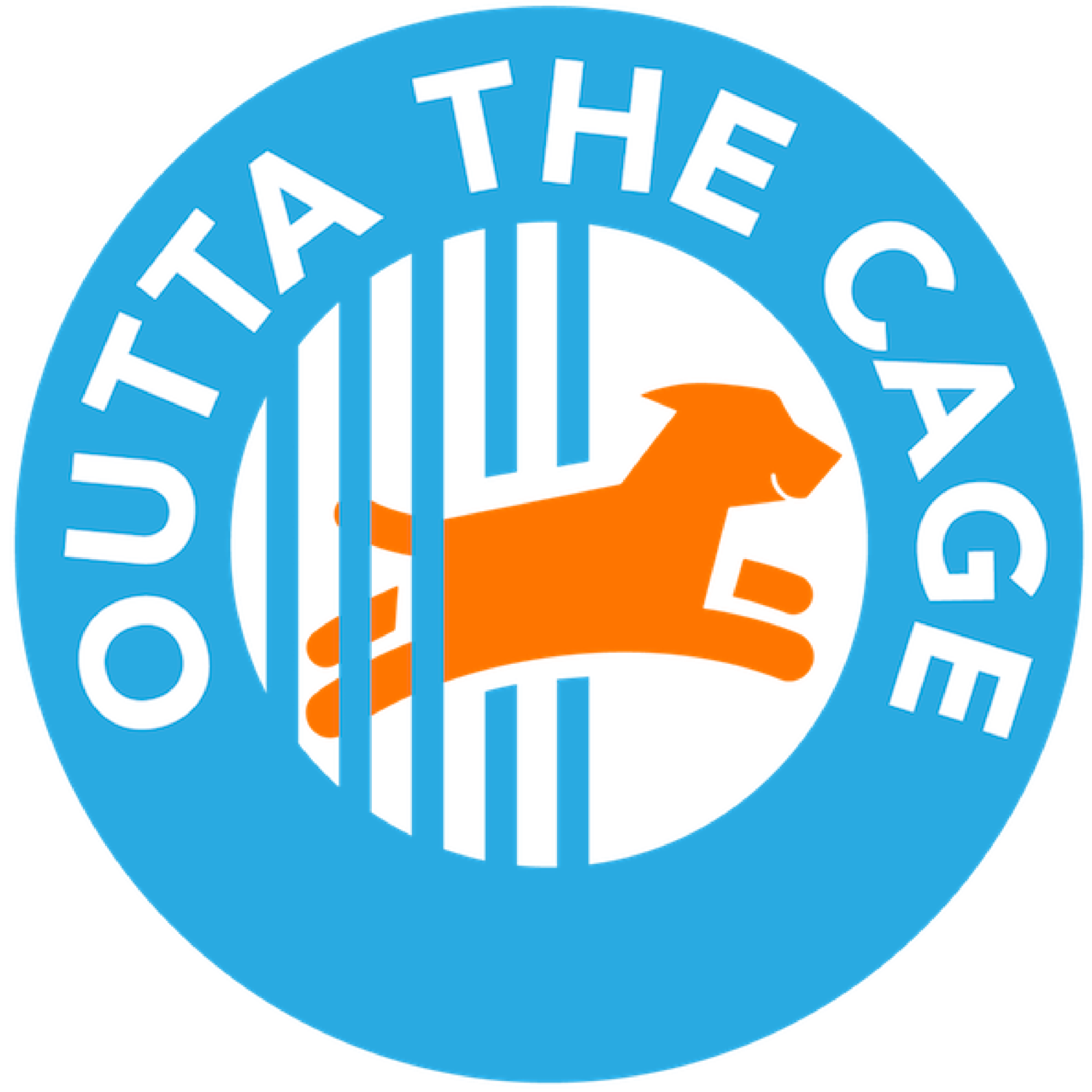My New Year’s resolution: Make animal rescue a spiritual practice.
In which Jill embraces beginner’s mind.
I’m not a fan of organized religion, but I do consider myself a spiritual person.
I know: a hackneyed trope, oozing with West Coast privilege. Running an animal rescue has made me question just about everything, from how I want to spend my time to whether change in animal welfare is even possible to larger questions about purpose and legacy. After more than a decade rescuing dogs from overcrowded L.A. shelters, my perspective has changed.
I know nothing.
When I started in rescue, I had big ideas. Our rescue, Outta the Cage, was starting to make headway saving dogs from euthanasia. We visited shelters around southern California, making videos of dogs who were running out of time. We shared these videos on social media, profiling the dogs and, ultimately, finding them homes.
We cultivated a network of like-minded volunteers and animal advocates. I joined a high-profile coalition focused on shelter reform and advised a national rescue organization on technology modernization. In triumphant moments—say, after finding an adopter for a diabetic dog or convincing a shelter to give a dog with behavior issues some extra time—I felt like a change agent.
Moreover, I got dogs. I would choose which ones to rescue based on who I “vibed with.” How else to explain it?
That all changed when I was attacked. Entering notes into my phone in the shelter’s play yard, I felt something latch onto my leg. And clamp down hard. And then chew. When I looked down, my leg was in a dog’s mouth. The dog unlatched for a split second, readjusted, and bit down again.
We made eye contact.
And in that moment, I felt that the dog was telling me that he was done. Done with living in a kennel, done with the cacophony and stink of the shelter, done with strangers appearing and disappearing. Done with it all. And if gnawing on my leg was going to change anything for him, he’d keep chewing.
The urgent care doctor cut open my pants leg and dumped a shoe-full of blood into the sink. “You were lucky,” he said.
An empty locker. An empty bowl.
Lucky. I struggled with PTSD and questioned everything I thought I knew. I visited shelters less often, stopped sitting on the ground with dogs, and would let others handle them. I avoided eye contact and play. I was off my game. I considered quitting.
Recently, a dog named Martin—a handsome German Shepherd with some minor behavior quirks—was euthanized. He’d been making steady progress in his training, and those of us who knew him were stunned by the news. A volunteer who’d been working with Martin announced that her next visit to the shelter would be to clean out her locker.
“At the heart of every purpose is the desire to tend to something important and watch it flourish.” I don’t know who said this, but they’re right. My fellow rescuers and I have felt that calling. Many of us have had day jobs where we established strategies and executed them, showing results and cementing our bona fides. But rescue isn’t like that. These days, the only thing flourishing is the euthanasia rate.
Despite the No Kill rhetoric, we were never promised a linear path to empty kennels. We celebrated rising adoption rates during the pandemic, but the communal happy dance didn’t last. People returned to the office, landlords retracted their lease agreements, and animals—especially large dogs adopted as puppies and now entering their teenage years—poured back into shelters.
I now approach saving shelter dogs not as a purpose, but as a partnership with a dog in which we can both start anew. I know less and feel more. In the Zen Buddhist tradition, I work to make my mind an empty rice bowl. I listen before I prescribe. As inventor and futurist Nikola Tesla said, “If you want to find the secrets of the universe, think in terms of energy, frequency, and vibration.” I still vibe with the dogs. Then I trust the unfolding.
The astonishing thing about rescue work is that we all keep doing it. We face the truths of life and death, celebrate and mourn together, navigate a broken system, marvel as dogs regress but then thrive, and return to our lockers.
And then we pray.
Note: You can share your feedback in this Facebook post.

